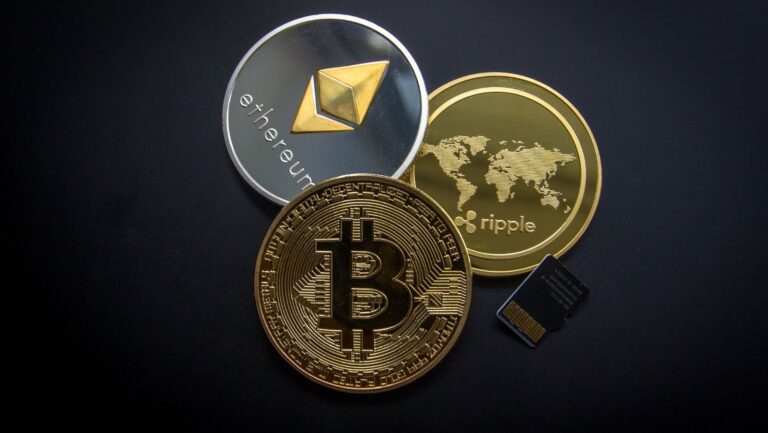What is cryptocurrency and how does it work?
Cryptocurrency is a digital or virtual currency that uses cryptography for security. Cryptocurrencies are decentralized, meaning they are not subject to government or financial institution control. Bitcoin, the first and most well-known cryptocurrency, was created in 2009.
Cryptocurrencies are often traded on decentralized exchanges and can also be used to purchase goods and services.
Cryptocurrencies use blockchain technology to record transactions. A blockchain is a digital ledger of all cryptocurrency transactions. Each block in the chain contains a cryptographic hash of the previous block, a timestamp, and transaction data. Bitcoin nodes use the block chain to differentiate legitimate Bitcoin transactions from attempts to re-spend coins that have already been spent elsewhere.
Mining is a process by which new cryptocurrency is created. Miners are rewarded with cryptocurrency for verifying and committing transactions to the blockchain. Ethereum, the second largest cryptocurrency by market capitalization, uses a different proof-of-work algorithm than Bitcoin.
How to buy and sell cryptocurrency
A variety of cryptocurrency exchanges exist, each with its own array of supported coins and features. Some popular exchanges include Coinbase, Binance, Kraken, and Gemini. Exchanges typically charge a percentage-based fee for each trade.
To buy cryptocurrency, you will need to set up an account with an exchange. Once you have done so, you can deposit fiat currency (e.g. USD) into your account and use this to purchase Bitcoin or other supported coins. To sell cryptocurrency, you will need to place an order on the exchange.
What is a wallet
A cryptocurrency wallet is a digital wallet used to store, send, and receive digital currency like Bitcoin. Cryptocurrency wallets are usually encrypted and allow the user to control their private key. A private key is a string of numbers and letters that allows the user to access their cryptocurrency.
Some popular cryptocurrency wallets include Coinbase Wallet, MetaMask, and Mycelium.
When does crypto market close
TCryptocurrency is a volatile market, and prices can fluctuate drastically. Moreover, cryptocurrencies are not subject to regulation or protection by any government or financial institution. As such, cryptocurrency investors face a higher risk of fraud or theft. Finally, cryptocurrency exchanges are often hacked, and coins can be stolen.
The cryptocurrency market is a 24/7 market, meaning it does not have a traditional open and close time. However, the majority of trading activity takes place during US business hours.
The benefits of cryptocurrency
Cryptocurrencies offer a number of potential benefits, including:
-Decentralization: Cryptocurrencies are not subject to government or financial institution control.
– anonymity: Cryptocurrencies can be used to make anonymous purchases.
-Security: Cryptocurrencies use cryptography to secure transactions.
-Immutability: Once a transaction has been made, it cannot be changed or reversed.
-Fraud prevention: Cryptocurrencies are difficult to counterfeit.
-Low fees: Cryptocurrency transactions typically have low fees.
-Fast settlements: Cryptocurrency transactions are settled quickly, typically within minutes.
What are the risks of investing in cryptocurrency
Cryptocurrencies are a high-risk investment due to their volatility, lack of regulation, and potential for fraud or theft. Investors should only invest what they are willing to lose.
Other risks include:
-Mining risks: Cryptocurrency mining is a resource-intensive process. If the price of a coin falls below the cost of mining, miners may abandon the coin, leading to a decrease in its supply and value.
-Hacking risks: Cryptocurrency exchanges and wallets are often hacked, and coins can be stolen.
-Scam risk: There are many scams associated with cryptocurrency investments, such as Ponzi schemes, pyramid schemes, and fake ICOs.
-Regulatory risk: Cryptocurrencies are not currently regulated in most jurisdictions.
-Volatility risk: Cryptocurrencies are extremely volatile, and prices can fluctuate drastically.
Cryptocurrencies are digital assets that use cryptography to secure transactions and control the creation of new units. Cryptocurrencies are decentralized, meaning they are not subject to government or financial institution control.




